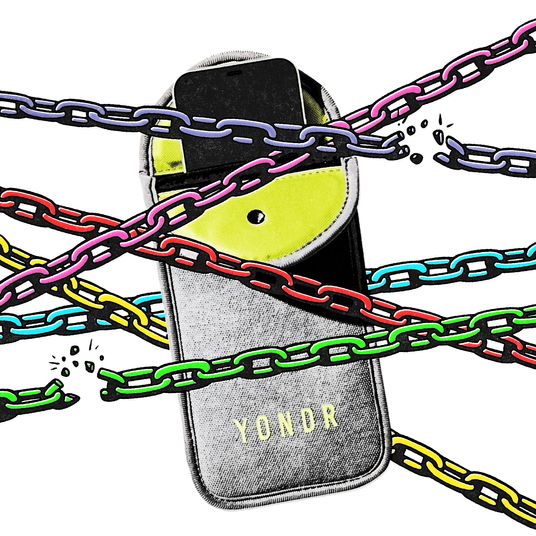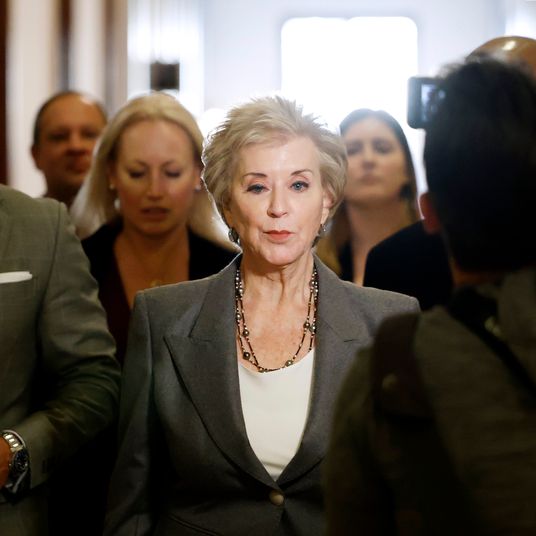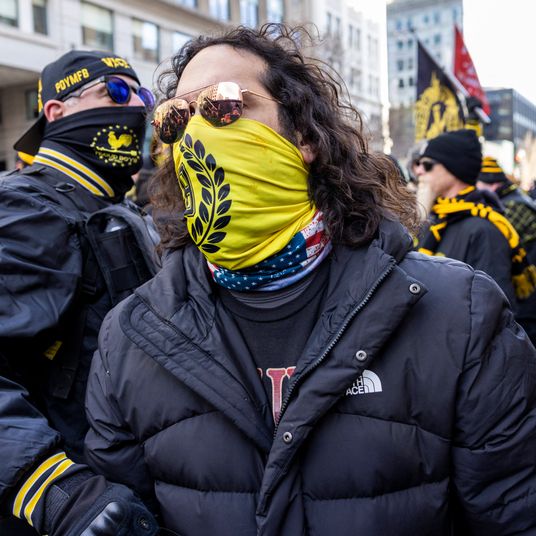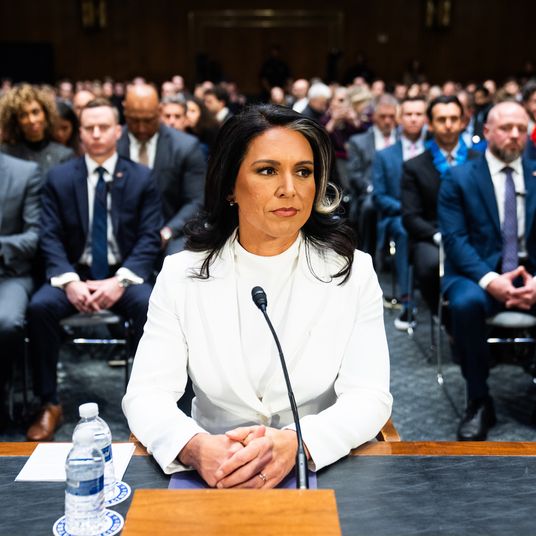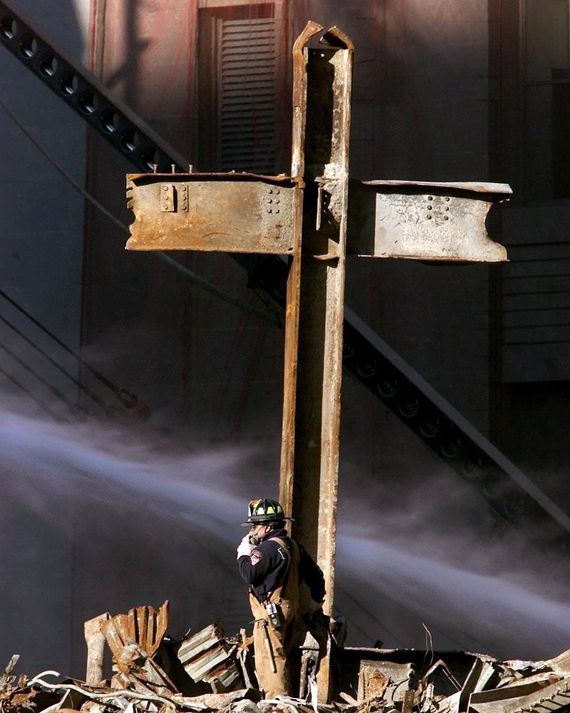
For some, the 1990s were the end of history. For us, it was just the end. I spent my childhood in the bosom of an Evangelical community in rural Virginia, eager and fearful, searching for signs of the apocalypse. The Left Behind series debuted in 1995, and I was absorbed by its account of the Tribulation, a violent period that, I’d been assured, God would spare me by virtue of my faith. In my youth group, we watched A Thief in the Night, which depicted the horrors awaiting those who would not be Raptured. We acted out the Book of Revelations with hand signs, the better to memorize its contents. Whatever the millennium brought, we were ready.
In 2001, I was homeschooled, isolated at home with a younger brother and a variety of fundamentalist textbooks. Our television had three channels, no cable. We had a radio, which my parents used, incongruously, to listen to NPR. That’s how I heard that a plane had struck a World Trade Center tower. I turned on our small TV and watched a fireball take shape.
Christ warned his disciples: “You will hear of wars and rumors of wars, but see to it that you are not alarmed.” To be saved, as we were, was to face the future with equanimity. But it was one thing to hear about the End-Times in church and quite another to stare them in the face. I was a 13-year-old girl, and I was alarmed. I worried that my life on Earth would end before anything interesting ever happened to me. The attack didn’t happen to me either; it took place in cities so distant I thought of them as other countries. Still, it signified something. And in all my panic, I also felt an undercurrent of relief. Here it was, proof that everyone around me was right.
Filtered through pubescent narcissism and millenarian obsession, 9/11 took on spiritual proportions. We were foot soldiers locked in unseen combat, and our only responsibility was to obey God, the Bible, and the president — who was one of us. The wars were no longer rumors; they were real.
This is not a sane way to think about a mass tragedy. It is self-centered and callous, a direct result of a subculture’s fixation on the end of a world it despised. I should note that there were subcultures within this broader Evangelical subculture; that my church was my church, that my family was my family, and that other churches and other families believed different things. In my church and home, End-Times theology was a detailed and comprehensive set of beliefs. Based on ideas developed by John Nelson Darby, a 19th-century theologian and one of the founding figures of the Plymouth Brethren movement, it held that the End-Times would unfold in a precise, linear manner. There was a timeline, and deviation from that timeline was a matter of heresy.
Still, I was not alone in thinking that 9/11 could be the beginning of the end. “The End-Times were kind of seen, I think, very much through a Left Behind perspective,” said Sarah Sheppard, who was 12 on 9/11 and who grew up in a similar fashion to me. The books “became a big deal for our church,” she explained.
To Sheppard, the end looked so straightforward, each dot connecting to a straight line. In this line of thinking, 9/11 could only ever be a harbinger of momentous events to come. “Specifically, the whole concept of how it was going to happen was how they outlined it [in the books],” she said. “After peace was getting to the Middle East, then the Rapture would happen, and there would be seven years of Tribulation, and then Jesus would come back, and then everyone would get to come back to a new, better Earth.”
Except, not everyone. Only those who accepted Christ as their savior would get to see this new Earth and live forever in paradise. If you experienced the Tribulation, you had only yourself to blame.
Upon further examination, that spiritual logic could not explain 9/11. The men who flew the planes into the World Trade Center did not distinguish Christian from unbeliever, and thus for traditionalists in our church the victims could not all be martyrs. The church of American exceptionalism, however, was a different matter. The hijackers had attacked America because they hated our freedom, we were told. America was being persecuted, much as certain Christians were persecuted for doing the work of the Lord.
After 9/11, Daniel Silver’s Evangelical church “pivoted pretty straight to patriotism,” he said. “We were in Northern Virginia, so we had a lot of military people. My dad was also military at the time.” In his homeschool debate society, the speakers could be extreme. “One of them, very memorable, gave us this talk about how we needed to literally outbreed the Muslims,” he said. “And that was the theme that we kept hearing.”
Silver and Sheppard now profess different beliefs. “I would say in high school is where it all started to really come together for me, and I was like, Maybe this isn’t all right,” Sheppard said. Silver’s views began to change during his time at Patrick Henry College, a conservative Christian institution. “I was taking some theology classes at the time, and the professor was a little more liberal than a lot of the other professors there. He gave us different readings, and we started learning about the early church, for the first time in my case,” he said. “I went back and I looked at it and I realized the concept of the Rapture really is not even in scripture. It’s an invention of 19th-century Protestants.”
Silver is now an Orthodox Christian, and Sheppard says she’s no longer Christian at all. Neither am I. My sense of time, once so limited, stretched out into a wider horizon. But it didn’t exactly move forward, either. To abandon the Evangelicalism of my youth for the secular world was to pass out of one timeline to another, from imminent Rapture to what feels, often, like a temporal impasse. Time marched in place for 20 long years as this country fought wars it had little chance of winning. There seems to be no end to the global war on terror, even with the withdrawal of American troops from Afghanistan. Instead of waiting for the end, I’m arguing for progress. The Evangelicals who raised me got at least two things right. Time is short, the stakes are high.
More on 9/11: 20 years later
- Where the Meaning of Flight 93 Can Never End
- The Great Maritime Rescue of Lower Manhattan on 9/11
- The Woman in White


























